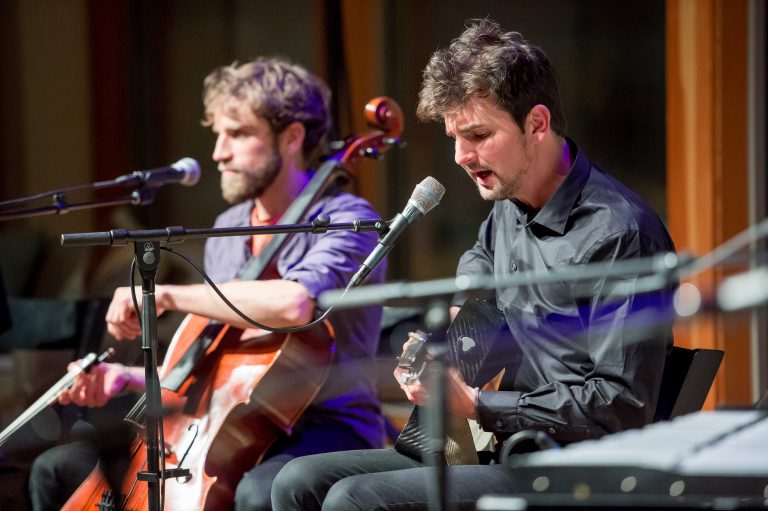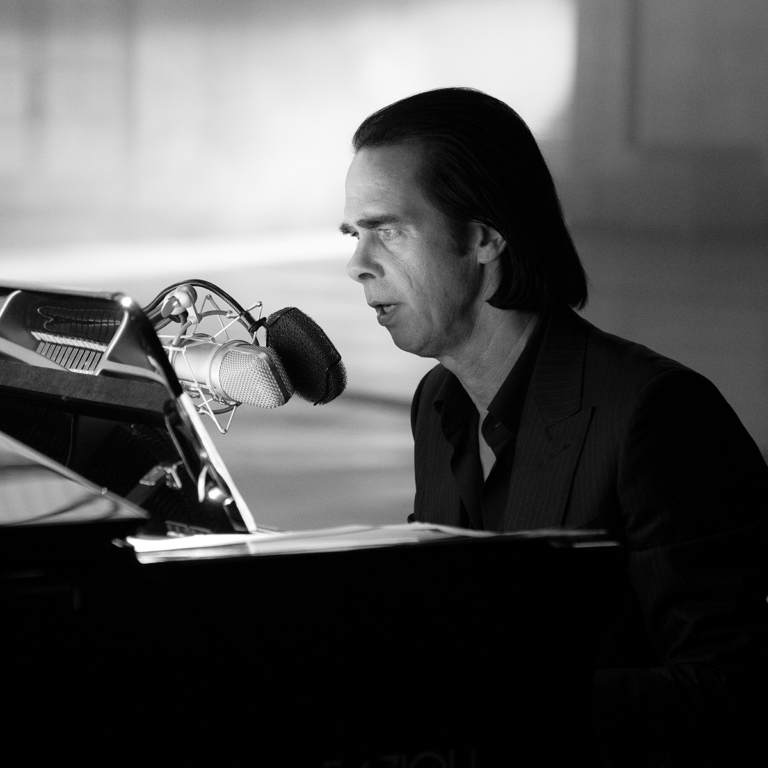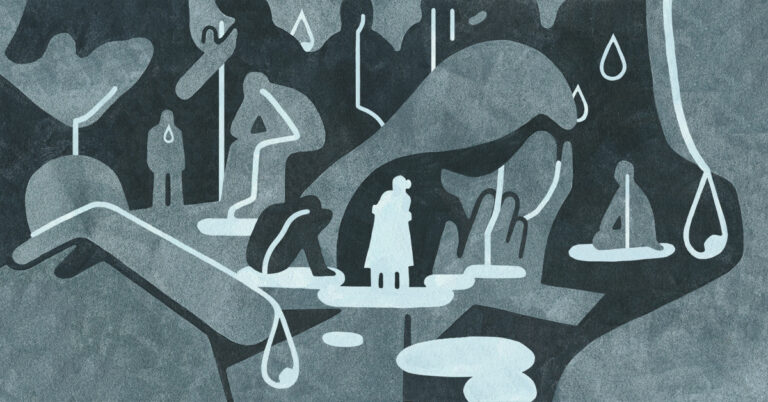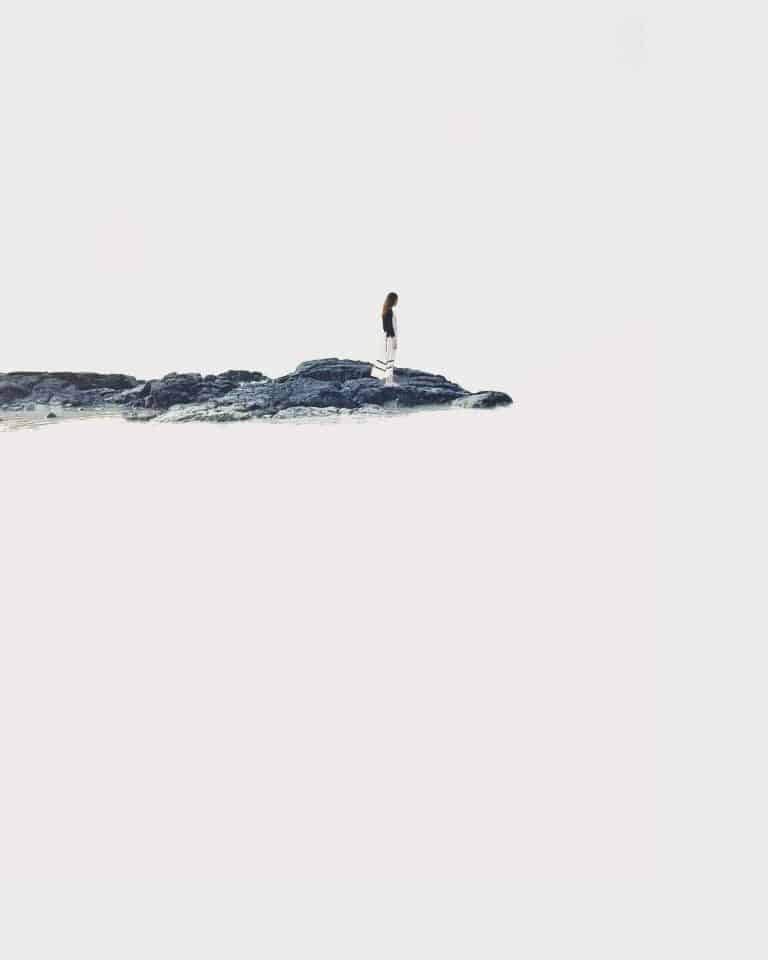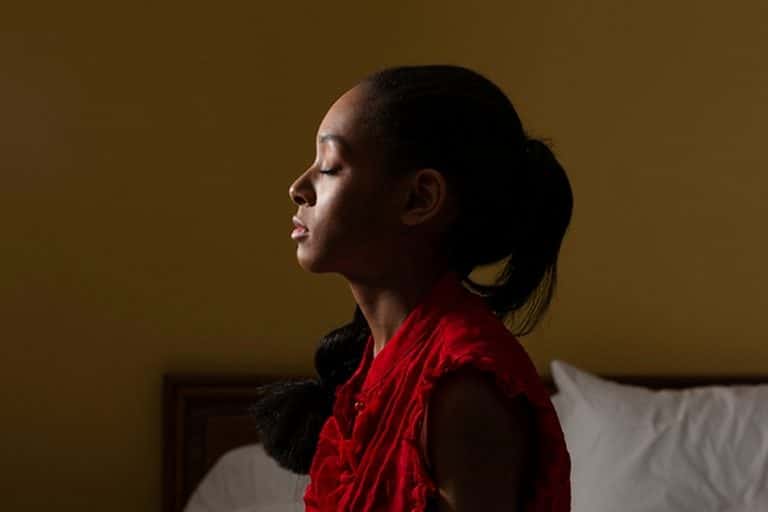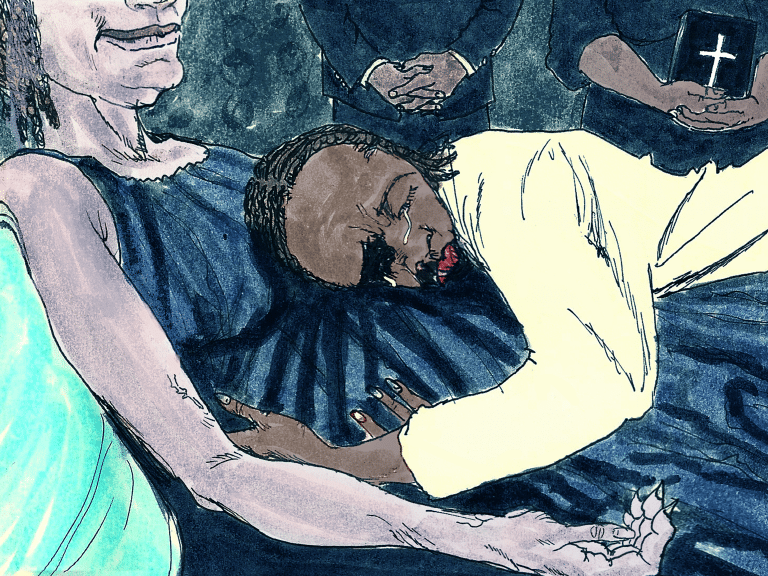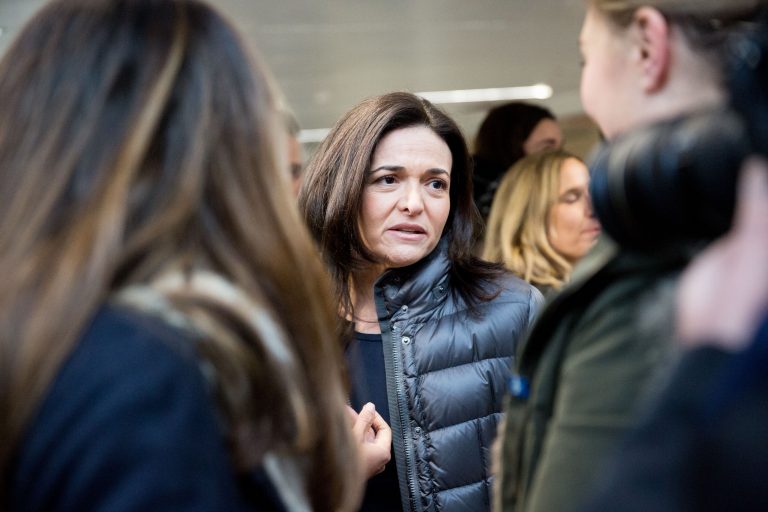Music is a source of solace and nourishment in the best of times and the hardest of times. It has been for so many of us in this year of pandemic, and Cloud Cult is on every playlist Krista makes. Craig Minowa started the band in 1995. Its trajectory was cathartically changed the day he and his wife Connie woke up to find that their firstborn two-year-old son, Kaidin, had mysteriously died in his sleep. The music that has emerged ever since has spanned the human experience from the rawest grief to the fiercest hope. We welcomed Craig and the whole Cloud Cult ensemble to On Being Studios in Minneapolis, for conversation and music, in 2016.
Dying & Death
Featured Items
How do you live a good life all the way to the very end?
Atul Gawande
View
- List View
- Standard View
- Grid View
15 Results
Filters
Here are some experiences to which Nick Cave gives voice and song: the “universal condition” of yearning, and of loss; a “spirituality of rigor”; and the transcendent and moral dimensions of what music is about. This Australian musician, writer, and actor first made a name in the wild world of ’80s post-punk and later with Nick Cave and the Bad Seeds. He also underwent public struggles with addiction and rehab.
Since the accidental death of his 15-year-old son Arthur in 2015, and a few years later, the death of his eldest child Jethro, he has entered yet another transfigured era, co-created an exquisite book called Faith, Hope and Carnage, and become a frank and eloquent interlocutor on grief. As a human and a songwriter, Nick Cave is an embodiment of a life examined and evolved. He sat with Krista in the On Being studio in Minneapolis, and the gorgeous conversation that followed is woven in this episode with his gorgeous music.
The conversation of this hour always rises as an early experience that imprinted everything that came after at On Being. Dr. Rachel Naomi Remen is one of the wise people in our world. She trained as a doctor in a generation that understood death as a failure of medicine. Yet her lifelong struggle with Crohn’s Disease and her pioneering work with cancer patients shaped her view of life. Becoming whole, she teaches, is not about eradicating our wounds and weaknesses; rather, the way we deal with losses, large and small, shapes our capacity to be present to all of our experiences. That arresting notion, and the distinction Rachel Naomi Remen draws between curing and healing, makes this an urgent offering to our world — of healing we are all called to receive and to give.
Music is a source of solace and nourishment in the best of times and the hardest of times. It has been for so many of us in this year of pandemic, and Cloud Cult is on every playlist Krista makes. Craig Minowa started the band in 1995. Its trajectory was cathartically changed the day he and his wife Connie woke up to find that their firstborn two-year-old son, Kaidin, had mysteriously died in his sleep. The music that has emerged ever since has spanned the human experience from the rawest grief to the fiercest hope. We welcomed Craig and the whole Cloud Cult ensemble to On Being Studios in Minneapolis, for conversation and music, in 2016.
Pauline Boss coined the term “ambiguous loss” and invented a new field within psychology to name the reality that every loss does not hold a promise of anything like resolution. Amid this pandemic, there are so many losses — from deaths that could not be mourned, to the very structure of our days, to a sudden crash of what felt like solid careers and plans and dreams. This conversation is full of practical intelligence for shedding assumptions about how we should be feeling and acting as these only serve to deepen stress.
Sheryl Sandberg is synonymous with Facebook and Silicon Valley success, and she’s the voice of Lean In. She joins us, frank and vulnerable, together with the psychologist Adam Grant. His friendship — and his research on resilience — helped her survive the shocking death of her husband while on vacation. They share what they’ve learned about planting deep resilience in ourselves and our children, and even reclaiming joy. There is so much learning here on facing the unimaginable when it arrives in our lives and being more practically caring towards the losses woven into lives all around us.
January 28, 2016
B.J. Miller
Reframing Our Relationship to That We Don’t Control
“Let death be what takes us,” Dr. BJ Miller has written, “not a lack of imagination.” As a palliative care physician, he brings a design sensibility to the matter of living until we die. And he’s largely redesigned his sense of own physical presence after an accident at college left him without both of his legs and part of one arm. He offers a transformative reframing on our imperfect bodies, the ways we move through the world, and all that we don’t control.
From the moment of his diagnosis with ALS, Bruce Kramer began writing — openly, deeply, and spiritually — about his struggle, as he puts it, to live while dying. He died on March 23, 2015, while we were in production on this show. His words hold abiding joy and beauty, and reveal an unexpected view opened by this disease.
What if we understand death as a developmental stage — like adolescence or mid-life? Dr. Ira Byock is a leading figure in palliative care and hospice in the United States. He says we lose sight of “the remarkable value” of the time of life we call dying if we forget that it’s always a personal and human event, and not just a medical one. From his place on this medical frontier, he shares how we can understand dying as a time of learning, repair, and completion of our lives.
Kate Braestrup is a chaplain to game wardens, often on search and rescue missions, in the wilds of Maine. She works, as she puts it, at hinges of human experience when lives alter unexpectedly — where loss, disaster, decency and beauty intertwine. Hear her wise and unusual take on life and death, lost and found.
We remember Studs Terkel, who recently died at the age of 96. The legendary interviewer chronicled decades of ordinary life and tumultuous change in U.S. culture. We visited him in his Chicago home in 2004 and drew out his wisdom and warmth on large existential themes of life and death. A lifelong agnostic, Studs Terkel shared his thoughts on religion as he’d observed it in his conversation partners, in culture, and in his own encounters with loss and mortality.
The Terri Schiavo case earlier this year raised ethical and medical issues that remain with us today. But missing in that debate was a real attention to the quality and the meaning of death. Joan Halifax tells us what she’s learned and how she lives differently after three decades accompanying others to the final boundary of human life.
The Pause
Join our constellation of listening and living.
The Pause is our seasonal Saturday morning ritual of a newsletter. Replenishment and invigoration in your inbox. Wisdom to take into your week. And when you sign up, you’ll receive ongoing, advance invitations and news on all things On Being.
Search results for “”
View
- List View
- Standard View
- Grid View
Filters
